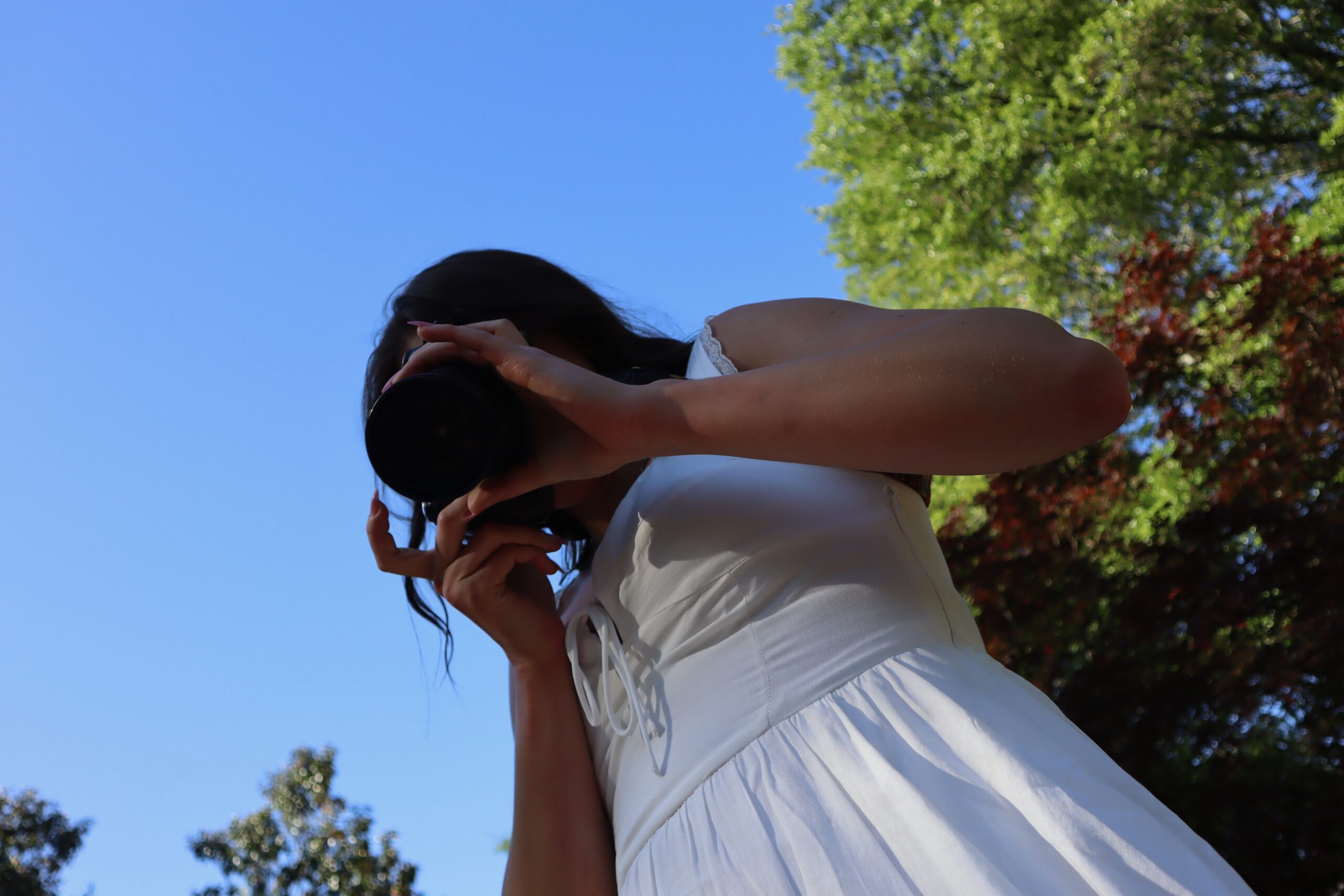Empowerment Can Come From Tragedy
Viktoria Kangas
The movie The Luckiest Girl Alive launches you into the mind of a woman whose life is understatedly unpredictable. Ani Fornelli compartmentalizes her past trauma of rape, sexual assault, and a school shooting. Ani is played and produced by Mila Kunis who gives a demanding performance as the posh writer and put together New York City woman, but her alter ego begins to dominate, as it protrudes throughout the storyline.
The combination of Kunis’s versatility in acting came together with the work of the director, Mike Barker for this movie. His thriving past directing the thrillers of The Handmaid’s Tale and Fargo demonstrated his skills within those movies. Barker did not shy away with his abilities as he was able to capture an audience and highlight the prevalent #MeToo movement, the brutality of gun violence at schools, eating disorders, trauma and mental health.
The storyline is sporadic but well designed to keep an audience captured. The directors and producers take you through the perspective of Ani Fornelli and what it takes to keep up with her perfectly curated ideal life, while flashing back to her traumatic past. Using this technique, the movie does a good job of showing what women who experience trauma, specifical what sexual assault and rape victims go through. Ani hides her past from others while reliving many of the unnerving moments that are triggered through her everyday life.
The most impactful element that carries the story is the manic inner monologue that narrates Ani’s inner thoughts. Ani exposes to the audience what she lies about every day to be the woman she wants to be seen as. Diving into the madness of her mind, the creators use sequences of scenes using blood, stabbings, and intense music to show her reliving her trauma and hiding it from all those around her. For now.
Many scenes are with Ani’s harp jawline fiancé Luke Harrison, a rich white male unaware of his privilege is played by Finn Wittrock. The darkness that lies underneath the act of Ani radiates from the large bright green engagement ring on her finger. Meanwhile, she pretends to love writing about men’s pleasures and desires to her editor that adores her working at The Woman’s Bible magazine.
Ani finds herself unable to run away from her past she gets asked by a producer to be in a documentary about gun violence in schools. Since Ani was a survivor, who had never confirmed or denied rumors, the producer found that convincing her would be an opportunity to bring the truth to light.
She reveals her real name Tiffany Fornelli which she kept cloaking her past. She begins to lash out and let some of her inner voice come out. This causes tension between her and her fiancé as they go through their wedding preparations. The first time she and her fiancé fight she begins to relive her rape, and everything gets revealed about the shooting that took place in her past.
In the fall of 1999 at the Bretton school, all Tiffany Fornelli, played by Chiara Aurelia wanted was to fit in with the cool crowd. Her mother gaslighted, slutted her out, and pressured her to take advantage of being with the well-off people she could meet at that school after all “the sacrifices she made”. That fall going to the school dance changed her life.
(Warning for sensitive content below)
Ani came back to an afterparty with all the other popular kids. Partying all night her level of intoxication brought her to the point where she was dizzy, weak, and in and out of consciousness. The boys at the party passed her semiconscious body around like a football and took turns doing what they wanted. She pleaded to them saying “please” and screaming “ow” with pain in her voice and blood streaming down her leg from her dress. She punched and kicked them to get them off but no matter how hard she fought they were still able to take advantage.
In the aftermath, she gets pushed to report, but she decides not to when she finds out her mother would have to be notified. Out of fear of disappointing her mother Ani retracts her decision.
After an undisclosed amount of time friends of Tiffany, Arthur Finmann, played by Thomas Barbusca, and Ben Hunter, played by David Webster come back to the school with a shotgun and automatic rifle to get back at the boys for their cruel doings to them in the past. All the boys died with one paralyzed surviving, Dean Barton, one of the boys who raped her.
Living in the future with the decisions she had made she begins to do things differently and take control. She does the documentary exposing the truth behind the killings and writing her own piece in the New York Times from her perspective of the rape and assault in detail exposing Dean and the rest of the boys.
Her writing of the piece causes her to break off her engagement at her rehearsal dinner when her fiancé disproves and feels angered with her about her bringing this about publicly. She ends the movie strongly striding away on the streets of New York to her job as a writer for the New York Times.
This movie is filled with powerful women and compelling stories. The rape scenes that were described were inspired by the stories of real women. The truth arose with much creative development and great performances from all the actors and actresses.

